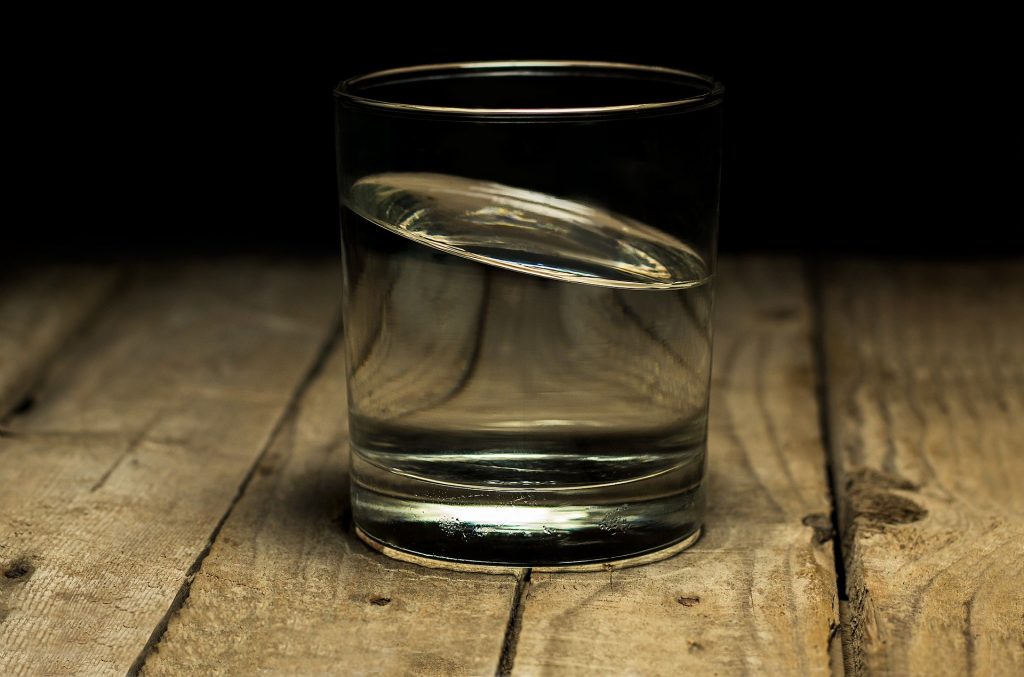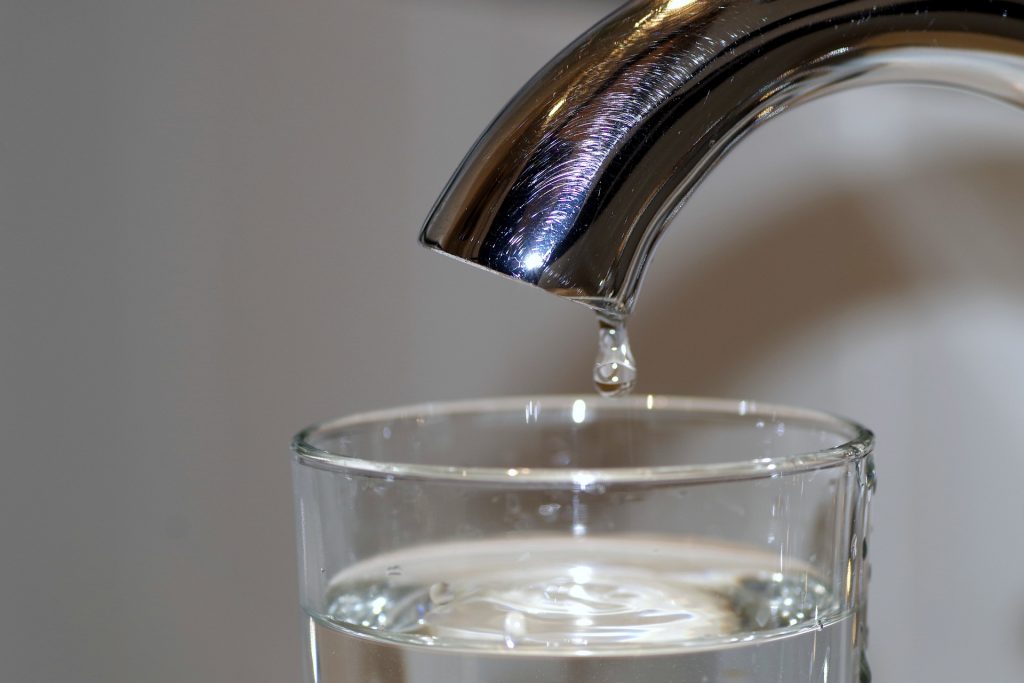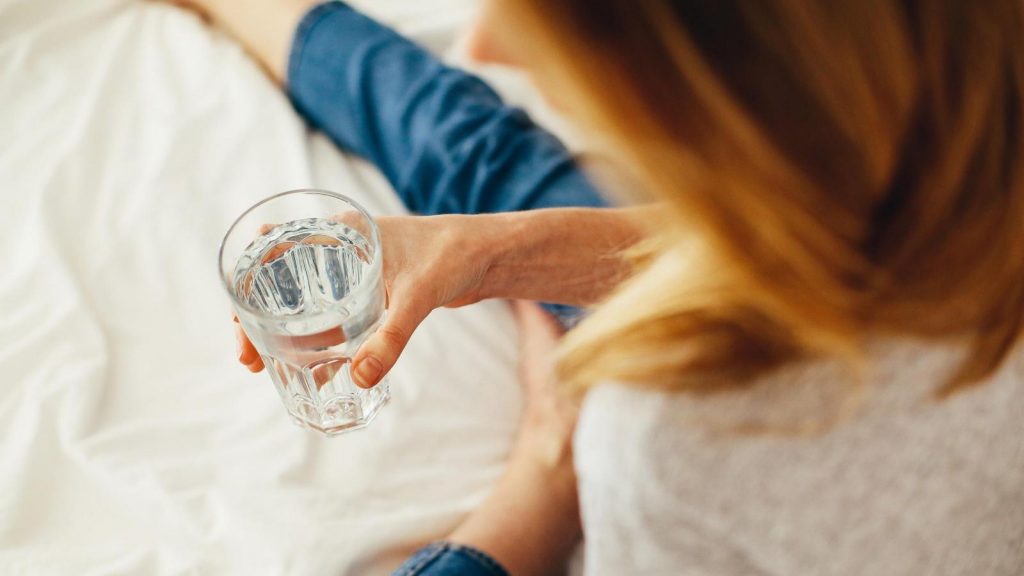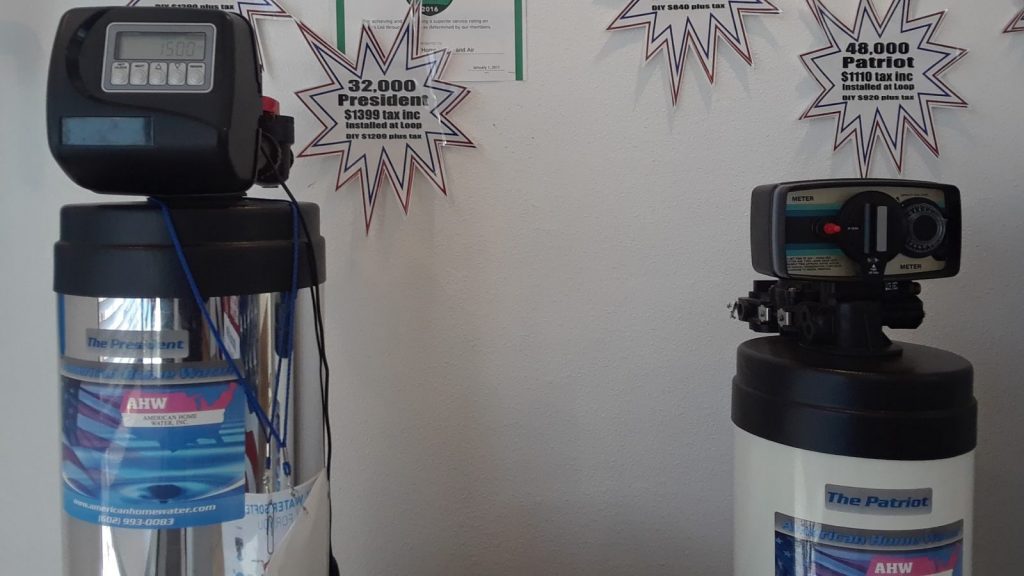Hard water is a problem that around eighty-five percent of North American households suffer. Having hard water at home is not only damaging to your health, but it can break your appliances and even your plumbing. Luckily, today’s homeowners can purchase water softeners to solve this problem. In this regard, the majority of the people wonder, is soft water safe to drink?
First, you need to understand that drinking soft water is far better than consuming hard water. When hard water goes through a water softener, this device removes minerals, which allow the soap to scale your surfaces. These hard minerals are replaced with sodium during the ion exchange, providing you with better water quality.
Most people are worried about drinking soft water because they believe it will lead to high sodium levels in their blood. However, not all softened water has the same sodium level. This will depend on the water hardness in the area you are living. According to that measure, you can determine whether you can keep drinking soft water or if you need an additional filter to make it safe.
How to determine if drinking soft water is safe

It is important to know that soft water follows all the health regulations required by authorities. Also, when you drink soft water, this one is not water with salt. The table salt you use with every meal is sodium chloride, while the one in the water softener is sodium bicarbonate.
Grains per gallon is the official measure of water hardness, and this quantity will also establish the kind of water softener you need at home. There are several ways to determine your water hardness level, which can go from soft to very hard. You could call your municipality, look it up on the internet or, for a most precise way, you can purchase a test kit. Visit this website and experts will help you choose the perfect water softener for your home from a wide variety of options.
If your water hardness level is below 400 ppm, this means the amount of sodium of your soft water will be safe to drink. In case the hardness is above this measure, having an extra filter will ensure you have soft water without a dangerous amount of sodium, which could impact your health.
Amount of sodium contained in soft water
Another piece of information that helps us answer the question: can you drink water from a water softener? Is knowing the amount of sodium you are consuming when you are drinking soft water.
Doctors recommend drinking eight glasses of water daily, and if that were to be soft water, you would be encountering the same amount of sodium than when eating a white slice of bread. This means that from all your sodium intake in one day, soft water only represents three percent of that number.
In this case, if your sodium intake every day is 2,400 mg, which is the amount you should be consuming to stay healthy. Then eight glasses of soft water will add between 160mg and 240 mg to your diet.
Then, is softened water safe to drink? Yes, it is. However, like everything in life, there are some exceptions to this rule.
When is drinking soft water not safe?
To have a healthy diet, you need to have a sodium component. This does not only refer to table salt. Most of the foods we eat throughout the day have the right amount of sodium we need to execute different functions inside our bodies.
When talking about soft water, as we mentioned before, its consumption will only harm us when the water’s hardness goes above 400 ppm. However, you need to understand 400 ppm is a high level of water hardness. If you look at how water hardness is classified, you will notice that anything above 180 ppm is considered “very hard.” The good news is that it will be challenging to find a water deposit in North America where the level goes beyond 400 ppm.
As a result, for every regular household, soft water is drinkable. But when you have certain health conditions, soft water would not be the best choice.
- Newborn babies
If you have a brand new baby at home, making formula is an everyday task. To give your child all the nutrients he/she needs, you shouldn’t be using soft water. Employing soft water to mix the powder can reduce the number of nutrients your child is ingesting.
In case you are a parent with a water softener at home, and you are freaking out right now. Relax, you don’t need to get rid of your water softener. Below we will tell you some solutions to your problem.
- Low Sodium Diet
People who suffer from high blood pressure or even some heart diseases might be ordered to implement a low sodium diet. This means they need to consume less than the recommended amount of sodium, which is 2,400 mg. Considering this condition having a glass of soft water will add too much sodium to their daily intake.
Since a low sodium diet means you need to change all your current eating habits, we are here to tell you that this includes the water you are drinking. To make it clear one last time. Is soft water safe to drink when you are on a low sodium diet? No, but you have other options.
Alternatives to make soft water drinkable
When you are still asking yourself if it is soft water safe to drink at home, you have two alternatives that will ensure you this type of water is ready for consumption and won’t have any side effects.
- Potassium Chloride
Your water softener will usually have two tanks. The first one is called a resin tank. Here is where the exchange process will take place. The second one is a brine tank filled with salt, which will help clean the resin on the first tank when it is filled with hard minerals and is no longer able to produce soft water.
If you want to reduce sodium in your water softener, you can replace the salt in your brine tank with potassium pellets free of sodium. This way, your water softener will replace hard minerals with potassium instead of sodium.
Disclaimer: When choosing this option, you need to keep in mind that using potassium pellets will be more expensive than salt. Plus, it will be harder to find this product in your usual go-to store.
- Reverse Osmosis
A reverse osmosis system will help you eliminate all the sodium in your water, but it can also deal with all the hard water minerals. With a reverse-osmosis system, you will have higher water quality with safe sodium levels, without any bacteria or contaminants.
Can you drink water from a water softener? Conclusion
Overall soft water is safe to drink, and it won’t impact your health. You just need to be aware of the exceptional cases we listed above and make sure you know your water hardness level.
In case you are still wondering, is softened water safe to drink? You can ask an expert or even your doctor to answer all the questions you have.
[related_posts_by_tax posts_per_page="3" format="thumbnails" image_size="medium"]









